NSELA Webinar Recap: Research, Data, and Tips for Impactful Use of Edtech

Successful implementation of new technology for STEM learning requires a knowledge of evidence-based best practices. That’s why ExploreLearning recently partnered with NSELA (National Science Education Leadership Association) for a webinar about leveraging best practices to transform STEM instruction. Strategies for turning evidence into excellence were presented by Dr. Megan Conrad, Senior Researcher; Emily Duganne, Implementation Coordinator Manager; and Suzanne Kehret, Learning Designer.
The webinar included best practices, strategies for using data, and teacher resources. The ExploreLearning team discussed the importance of using data to leverage change and fostering a culture of data-driven instructional decision-making. Practical tool kits for implementing Science and Engineering Practices were spotlighted, emphasizing educational best practices for hands-on/minds-on learning that enhance the quality of STEM instruction.
Science and Engineering Practices
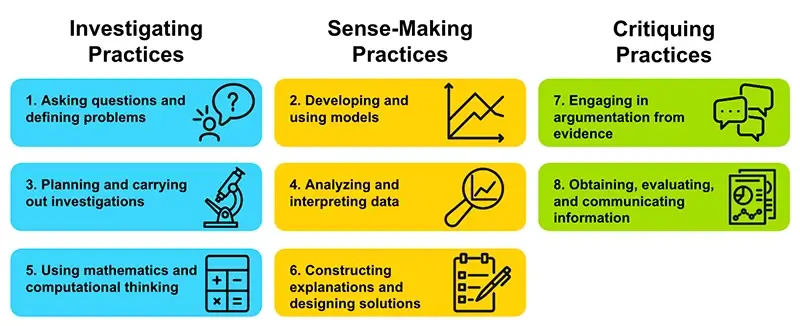
First up was a review of Science and Engineering Practices. General categories of investigating, sense-making, and critiquing were highlighted with ties to ExploreLearning Gizmos use in the classroom.
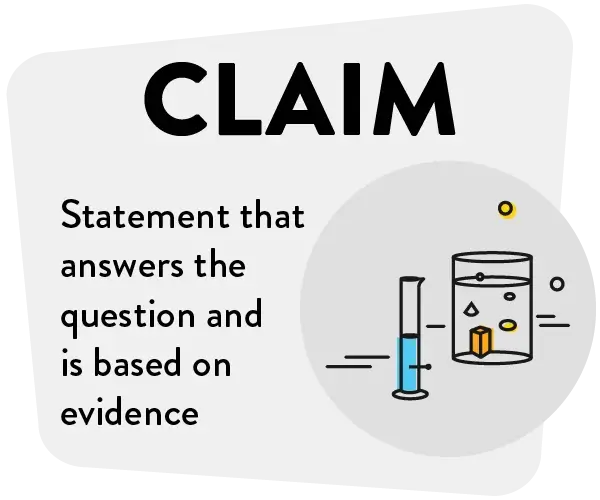

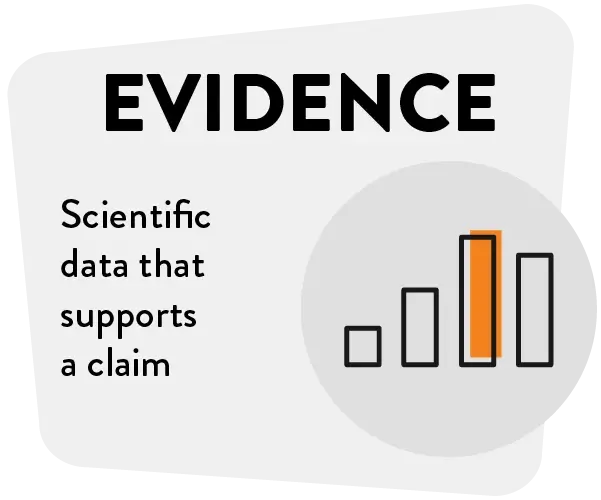
Discussion about how to use research and data to support, guide, and impact STEM learning was streamlined into four categories.



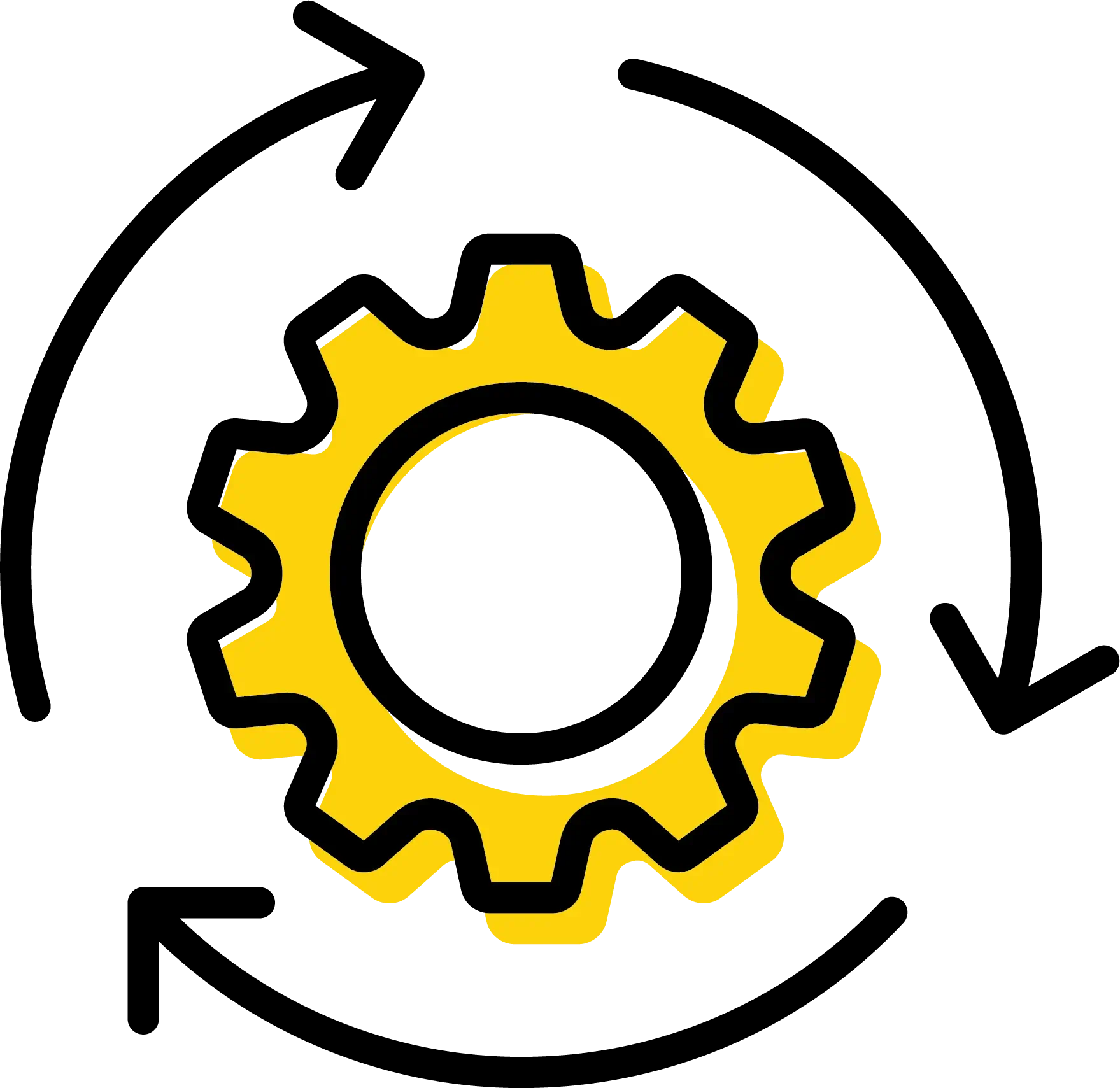
What about fostering a culture of data-driven instructional decision-making?
The experts at ExploreLearning shared tips for making that idea a reality.
- Ensure that teachers have access to user-friendly data tools and dashboards.
- Equip educators with the skills to collect, analyze, and use data effectively in their instructional planning and decision-making with quality professional development.
- Cultivate a growth mindset among teachers and students.
- Model evidence-based decision-making at all leadership levels.
- Highlight and celebrate instances where data-driven decision-making has led to positive outcomes.
- Share best practices among teachers and departments to foster a culture of transparency and continuous learning.
Hands-on and minds-on for long-term success
Research plays a critical role in STEM instruction. Use data to inform your STEM lessons, develop curriculum, and assess student performance to impact change with your students. ExploreLearning Gizmos help students connect and draw conclusions with an interactive design that supports manipulating variables and “what-if” experimentation. There are more than 550 Gizmos in our library covering topics and concepts in math and science for U.S. grades 3 -12. Gizmos and Gizmos STEM Cases help students dig deeper into subjects and understand challenging concepts. That’s hundreds of opportunities where students work like scientists and mathematicians as they focus on SEPs like data collection and analysis, experimental design, arguing with evidence, and CER.
Planning Resources
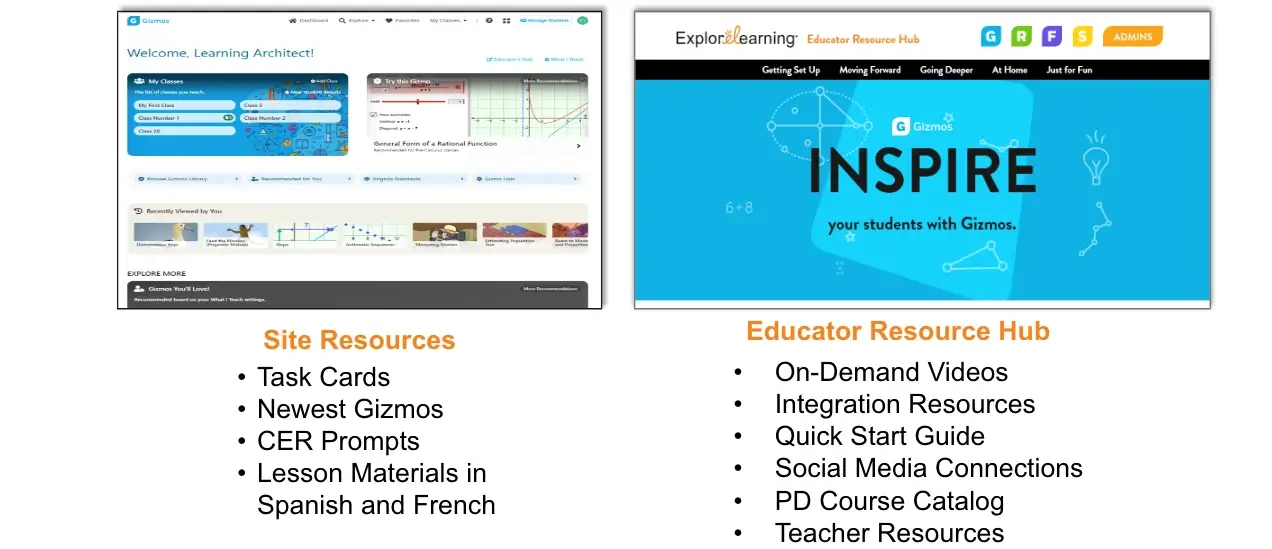
What about teacher resources? ExploreLearning has all the resources to confidently implement and support the continued use of virtual labs, simulations, and interactive case studies in the classroom. Teacher guides, answer keys, progress monitoring tools, rubrics, and PD training are just a few resources available.
NSELA members can view the webinar for free. Non-members can access it for a $15.00 fee.
Access RecordingAccess resources tailored especially for STEM teachers.
Get the Resources